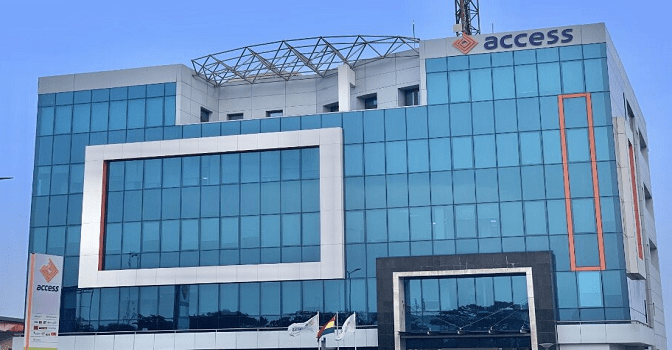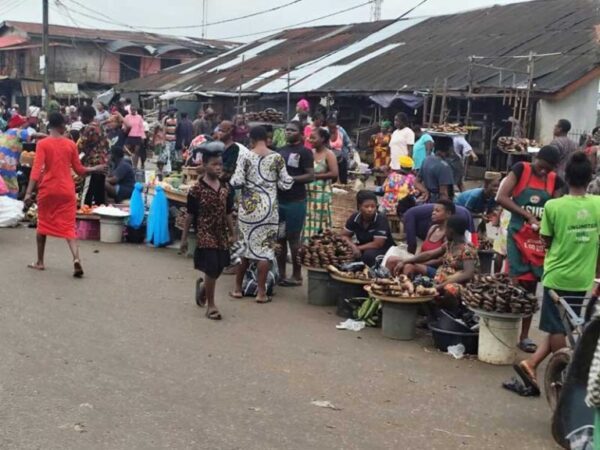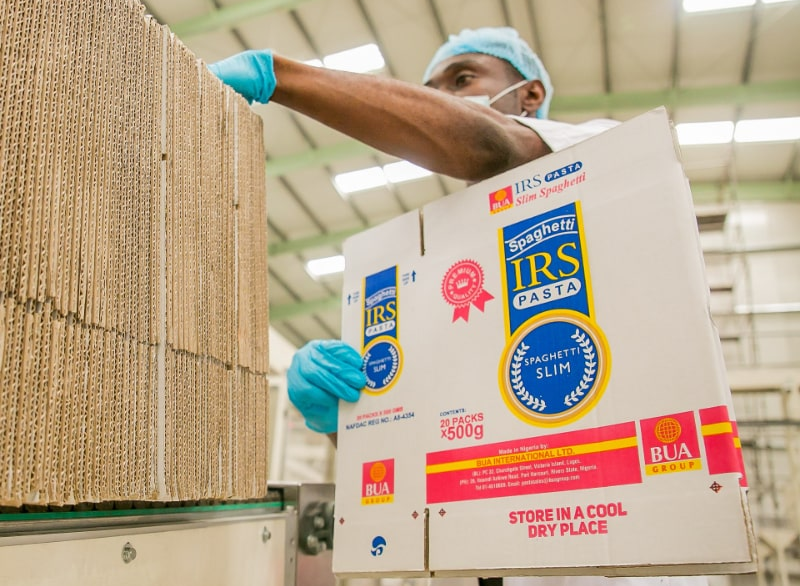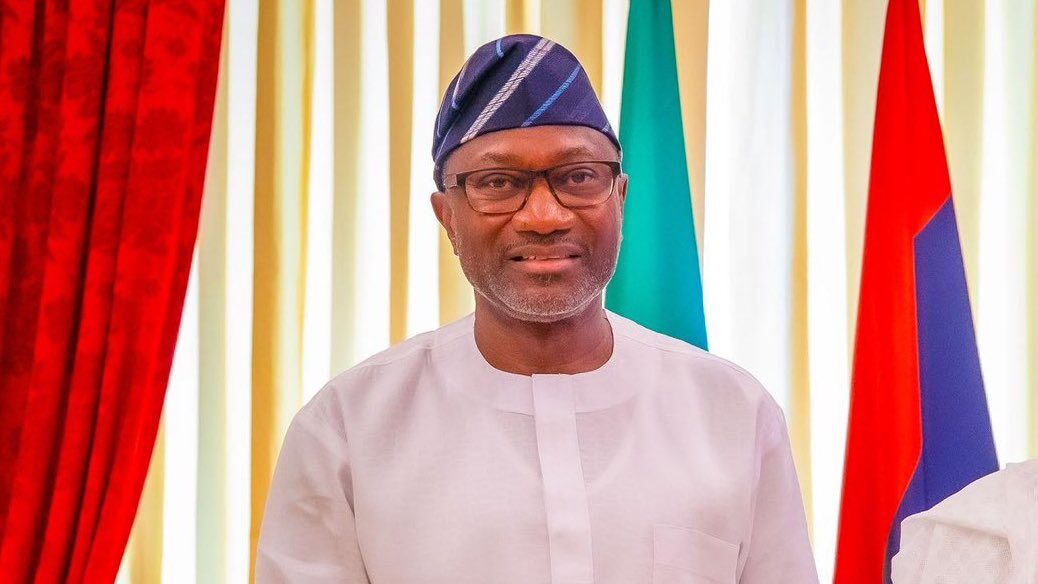
•FRC integrates Islamic finance services within Nigeria’s financial reporting framework
Dike Onwuamaeze and Kayode Tokede
Vice President Kashim Shettima and other economic sstakeholders, yesterday called on African nations to deepen the adoption of Islamic finance as a tool for inclusive and sustainable economic transformation across the continent.
Equally, the 14th Emir of Kano, His Royal Highness, Muhammadu Sanusi, expressed his heart’s desire to see an Islamic banking institution in Nigeria that will be as big as Access Bank, or First Bank of Nigeria, or the United Bank for Africa.
This was as the Executive Secretary of the Financial Reporting Council of Nigeria (FRC), Dr. Rabiu Olowo, said Nigeria has witnessed growing relevance of Islamic finance services over the last decade, which brought with it the obligation for regulators to ensure that financial reporting for Islamic finance services is consistent, reliable, and globally comparable.
In furtherance of this, Olowo declared that the FRC “intends to formally include Islamic finance services within Nigeria’s financial reporting framework by adopting the standards issued by the Accounting and Auditing Organisation for Islamic Financial Institutions (AAOIFI).”
They all spoke yesterday in Lagos, at the 7th African International Conference on Islamic Finance (AICIF), where they enjoined Islamic financial institutions (IFIs) to deplore finances to the unreached and unbanked small-scale enterprises in rural areas to promote inclusive economic growth.
The Special Adviser to the President on Economic Affairs, Dr. Tope Fasua, who represented Vice President Kashim Shettima, said the true measure of progress lies in inclusion.
Fasua added: “We believe that prosperity must be shared and sustained. In one year, our tax revenue has grown by over 400 per cent and tax to GDP ratio has nearly doubled.
“Our resources are being channeled into education, healthcare, and livelihood. We are ensuring that access to financing and insurance opportunities are extended to the underserved.
“From the Nigerian education loan fund that empowers our students, to real credit schemes that support SMEs, our objective is to build an economy that leaves no citizen behind.”
The Vice President emphasised that Islamic finance provides a credible framework for promoting shared prosperity, rooted in ethics, fairness, and social responsibility.
He said Nigeria’s experience demonstrates the transformative potential of Islamic finance instruments such as sukuk, takaful, murabaha, and waqf, which have financed critical infrastructure and expanded access to inclusive financial services.
“Our sukuk issuances, now in their seventh cycle, have funded more than 120 major road projects covering nearly 6,000 kilometres,” Shettima noted. “Each bond represents a covenant between government and citizens, proof that finance can build rather than burden.”
Shettima added that takaful insurance is extending protection to millions of previously excluded households, while waqf endowments are being explored to support schools, hospitals, and small businesses.
“Islamic finance aligns with our conviction that enterprise must serve humanity and wealth must circulate to uplift communities,” he said.
Across Africa, Shettima observed, countries like Egypt, Senegal, Kenya, and South Africa are developing regulatory frameworks for Islamic banking, green sukuk, and socially responsible investments.
By 2030, the share of Islamic finance in Africa’s capital markets is projected to expand significantly, he said, urging policymakers to sustain reforms that strengthen transparency, governance, and investor protection.
He also underscored the need to mobilise Africa’s vast domestic capital, including pension funds, sovereign wealth funds, and insurance pools, through innovative instruments such as green sukuk and diaspora bonds.
“Africa’s future must be financed from within, guided by principles of justice, inclusion, and sustainability,” Shettima asserted.
Shettima concluded by urging participants to “build an Africa where enterprise and empathy coexist, where finance is not a privilege for the few but a promise to the many, and where every child, from Lagos to Lusaka, finds a stake in the continent’s future.”
In his contribution, Sanusi said: “Although there are many Islamic banks being licensed in Nigeria, I will really be much, much happier to see one or two Islamic banks that are as big as Access Bank or First Bank or UBA.
“I will like to see an Islamic bank that is ambitious enough to invest in capital that will grow a network that could reach out because that is the only way these institutions can reach the bottom of the pyramid.”
Sanusi said it has been projected that 85 per cent of poor people would be in Africa by 2050 and half of these 85 per cent would be in two countries, namely Nigeria and the Democratic Republic of Congo.
He said: “In Nigeria, 70 per cent of these poor people will be in the northern Nigeria.”
He, therefore, charged the IFIs to begin now to see how they could use finance to create economies for those small-scale people and lift them out of poverty.
Sanusi added: “IFIs need to go to the bottom of the pyramid. You cannot talk about inclusivity if you are not where the people are.
“Sitting in Abuja or Lagos and booking loans does not improve the lives of those in the rural areas and small towns and these are the majority of Nigerians that need support because these small enterprises employ 70 per cent of our population.
“Until we begin to grow them, we are not going to have a growth that is inclusive.”
The CEO, FRC, Olowo said: “Nigeria’s financial system is evolving, and our regulatory framework must evolve with it.
“The inclusion of AAOIFI standards into our national framework is not just a regulatory necessity—it is a strategic imperative for building trust, enhancing transparency, and ensuring that Islamic finance continues to contribute meaningfully to economic growth and financial inclusion.”
These standards, according to him, would complement the existing IFRS framework, ensuring that while Nigeria remained aligned with global reporting practices under IFRS, “we also provide a dedicated and internationally recognised reporting framework tailored to the unique principles, contracts, and financial instruments of Islamic finance.”
He added: “AAOIFI standards are developed specifically for Islamic finance institutions, addressing areas such as Murabaha, Ijarah, Mudarabah, Musharakah, and Sukuk.
“Many jurisdictions with vibrant Islamic finance sectors—including in the Middle East, Asia, and parts of Africa—already adopt or align with AAOIFI standards.
“Their adoption will enhance investor confidence, ensure transparency, and improve comparability for both domestic and international stakeholders.”
He clarified that “AAOIFI does not replace IFRS but fills the gap where IFRS does not adequately capture Shari’ah-compliant transactions.”
Olowo said the FRC has already commenced work in this area by building internal capacity within our directorates to understand and implement AAOIFI standards and holding stakeholders’ engagement with banks, insurance operators, capital market regulators, scholars, and professional bodies to ensure inclusiveness.
He also said the technical working group would be drawn from regulators, operators representing each part of the financial sector to give direction for implementation.
He said: “We recognise that successful adoption and implementation of AAOIFI standards in Nigeria cannot be achieved by the Council alone. It requires partnership with industry players, scholars, regulators, professional accountants, and development partners.
Speaking at the AICIF, the President/CEO African Finance Corporation (AFC), Mr. Samaila Zubairu, said Islamic financing was the most suited to champion inclusive growth because its core investments are in real assets like roads, power plants, water, and digital networks.
He said: “In Nigeria, for instance, if we have constant access to electricity, we will easily have $1 trillion economy.
“And if you go beyond that and try to do import substitution, you will see that grow to $2 trillion economy.
“And Islamic finance has a critical role to play there because it is asset-backed financing. It is an investment in productive assets.”
He explained that Islamic financing institution fits perfectly to infrastructure finance better than any other financial institution because it is built on truth, where every financing is tied to a real, tangible asset that creates jobs and has long-term value.
Zabairu said there are proven models to show that Islamic finance was ready to fund Africa’s transformation, adding that the AFC has been mobilising Islamic financing for government because it in the business of building infrastructure.
He said: “Sharia-based capital can flow confidently into Africa’s real economy. Islamic finance builds roads, finances power plants and expands broad bands.”
In his opening remarks, SEC Chairman Mr. Mairiga Katuka said Nigeria’s non-interest capital market had grown rapidly under the Capital Market Masterplan (2015–2025), with sovereign sukuk raising over N1.4 trillion and funding 124 critical road projects nationwide.
Katuka noted that Nigeria now has 19 registered halal mutual funds managing over ₦112 bn in assets, up from one fund in 2008, and pledged the SEC’s commitment to evolving regulatory frameworks for innovations such as innovative sukuk, tokenisation, and blockchain-enabled transparency.
In her welcome address, the AICIF Conference Chair, Ms. Ummahani Ahmad Amin, said the road leading to the 7th AICIF edition had been defined by a spirit of partnership, collaboration and support borne out of a shared vision and commitment by the Metropolitan Skills Limited and the Metropolitan Law Firm to promote Islamic Finance as a viable alternative means of financing in addressing Africa’s socio-economic needs.





